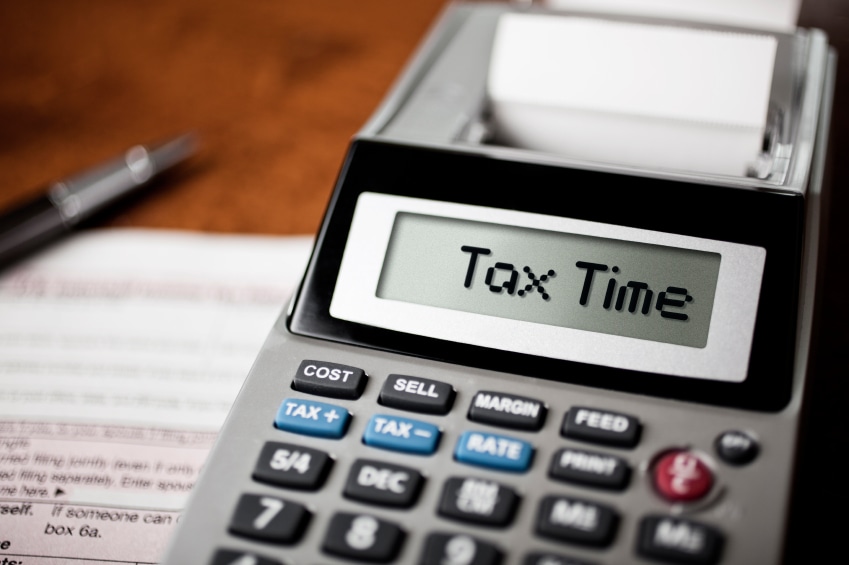The final countdown for this year’s self-assessment returns has started – and anyone needing to register only has a few days to tell the tax man.
The deadline for people telling HM Revenue & Customs that they need to file a self-assessment tax return is October 5, 2018.
That date applies to expats as well as taxpayers in the UK.
Although the final date for filing a return for income earned in the year to April 5, 2018 is midnight on January 31, 2019, HMRC need time to process the notification and to send out a user ID and activation code.
These are typically sent by post and can take up to 21 days to arrive – and even longer for taxpayers living overseas.
Tax filing deadlines
The tax return cannot be filed online without the ID and codes.
Anyone filing a paper self-assessment return only has until October 31, 2018.
The next online deadline is December 30, 2018, for taxpayers who want their tax collected automatically from their pay, providing the amount due is less than £3,000.
The final deadline is January 31, 2019 for filing all returns and paying any tax due.
Filing late comes with penalties starting at £100 regardless if any tax is due and can increase the longer the delay in filing.
Do you have to file a tax return?
The self-assessment deadlines do not apply to expats owing capital gains tax for selling residential property.
These must still be filed and the tax paid in full within 30 days.
HMRC publishes a detailed list of people who must file a self-assessment tax return.
The list includes expats with a UK income and buy to let and shared house landlords. Landlords should have a rental income of more than £2,500. Those with a lower rental income should contact the HMRC help line.
If HMRC has already sent a letter telling someone to file a self-assessment return, they do not have to register. If they believe they do not have to file a return, they must tell HMRC or they could face penalties for not filing.
Anyone can register for self-assessment through the HMRC web site.
